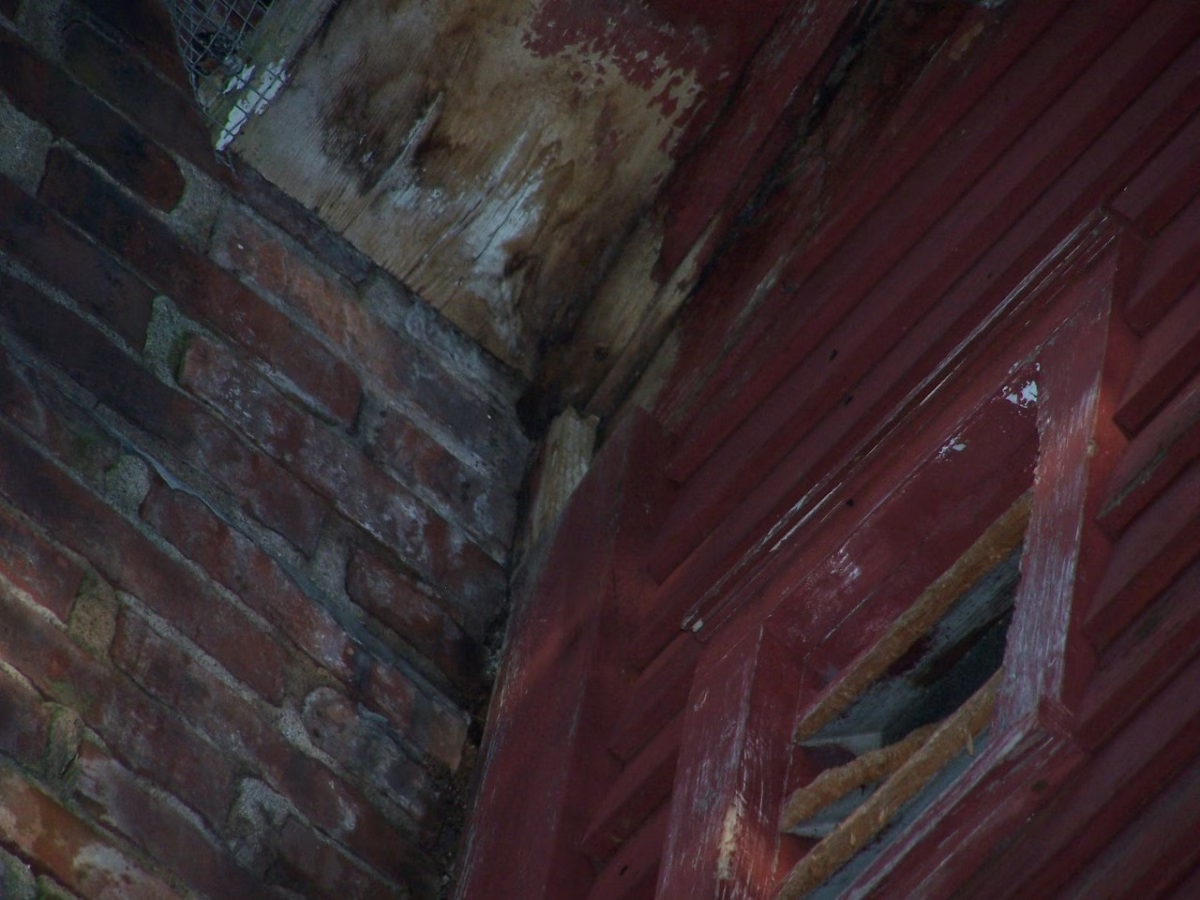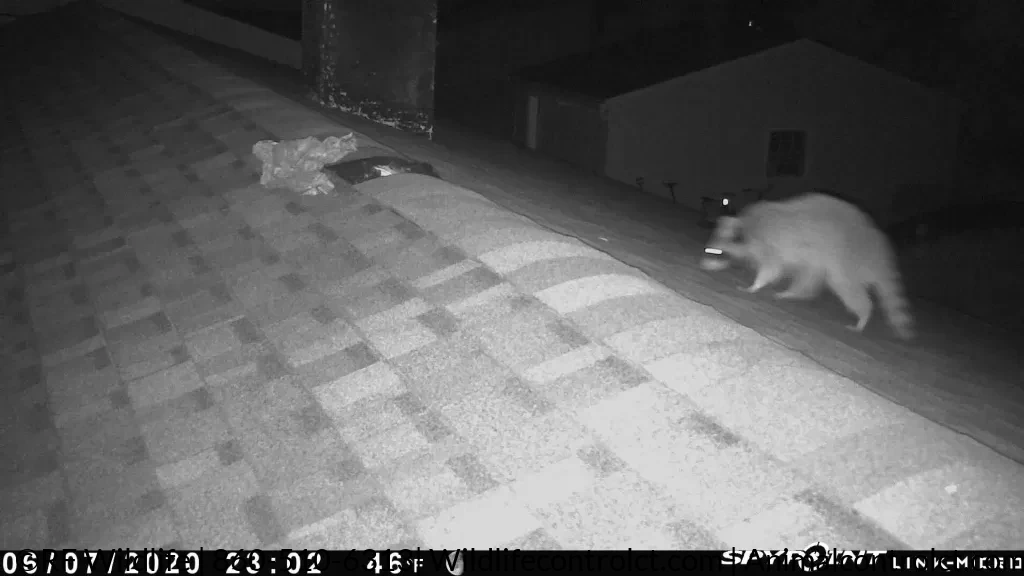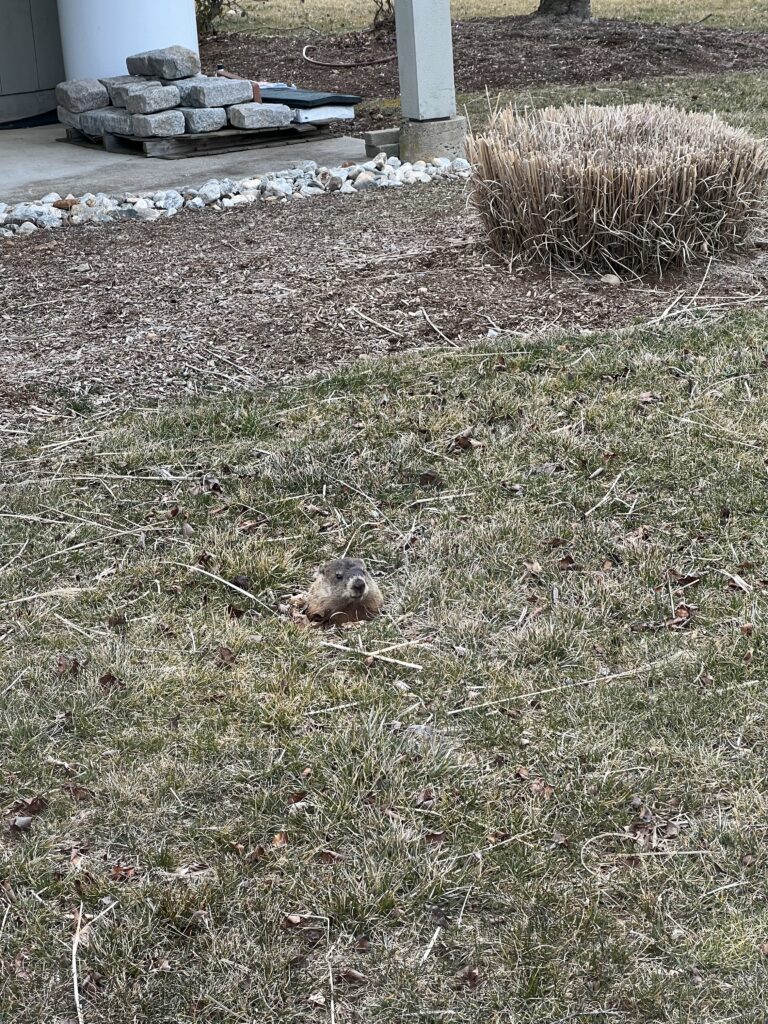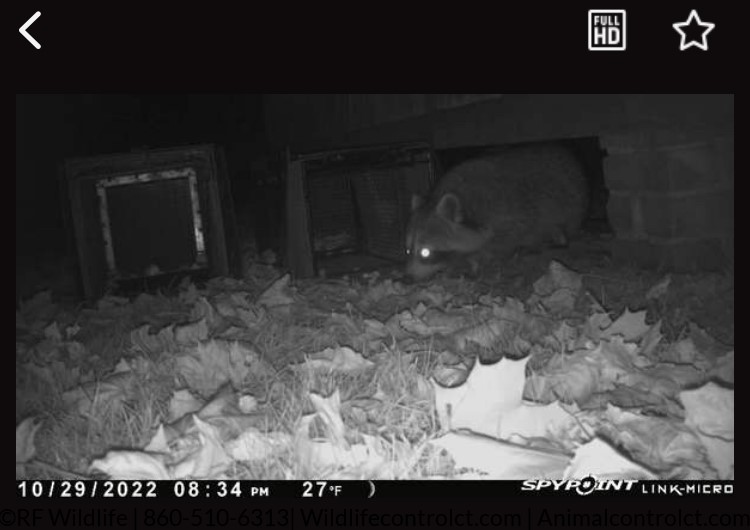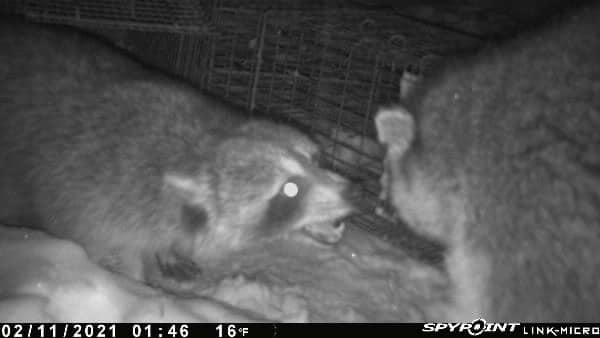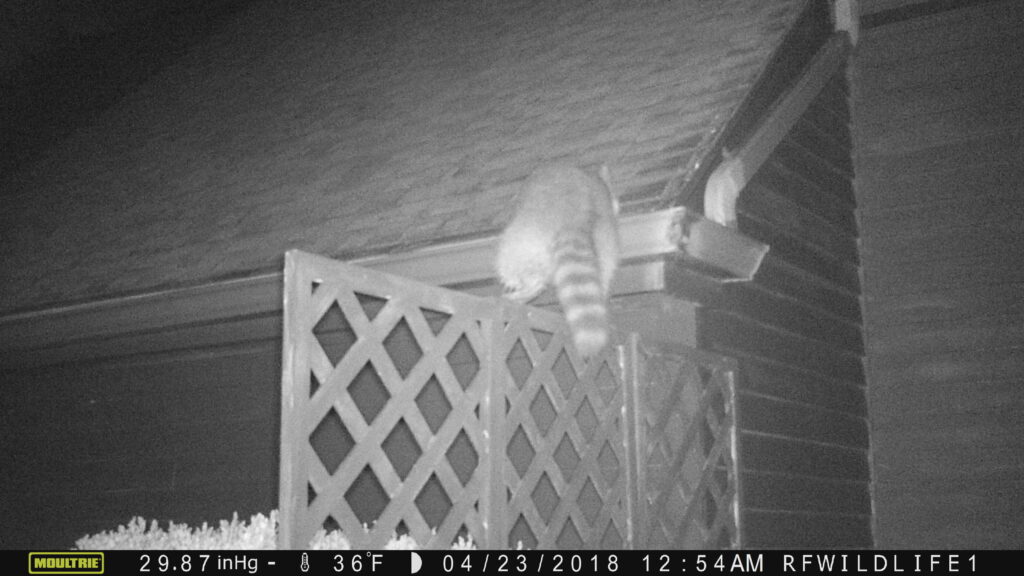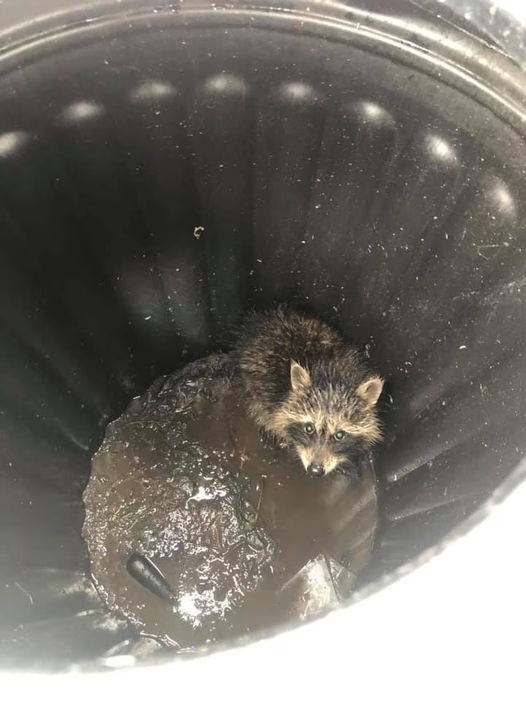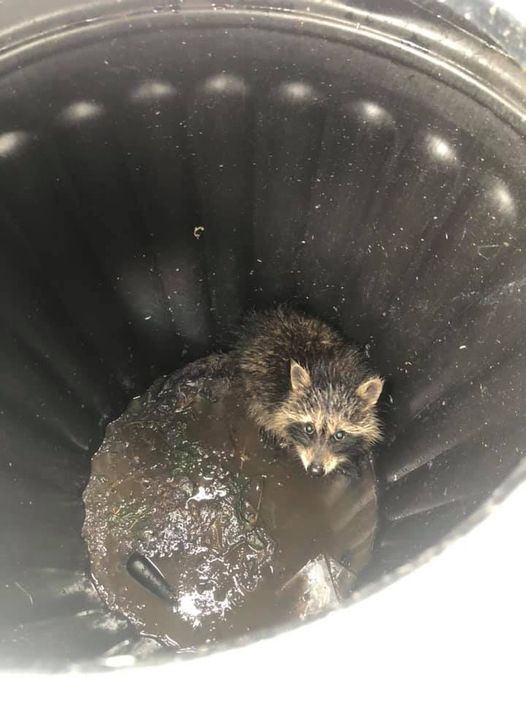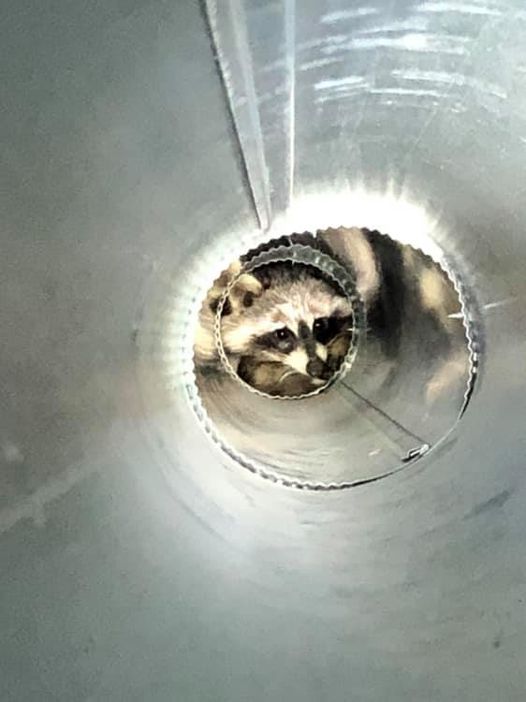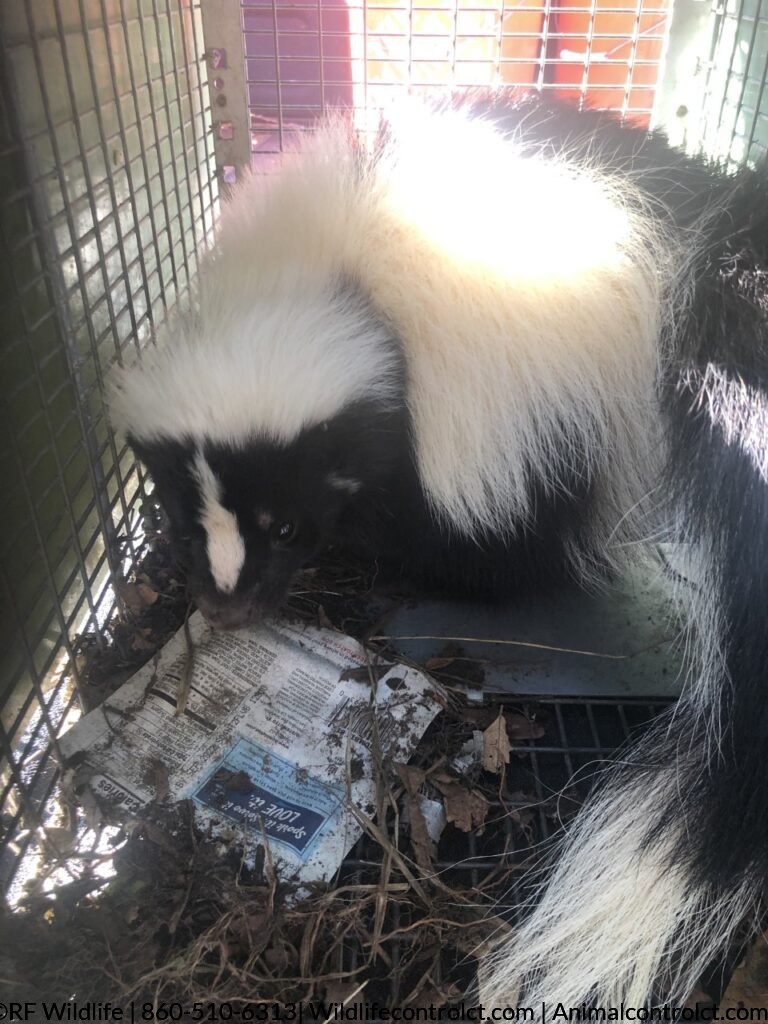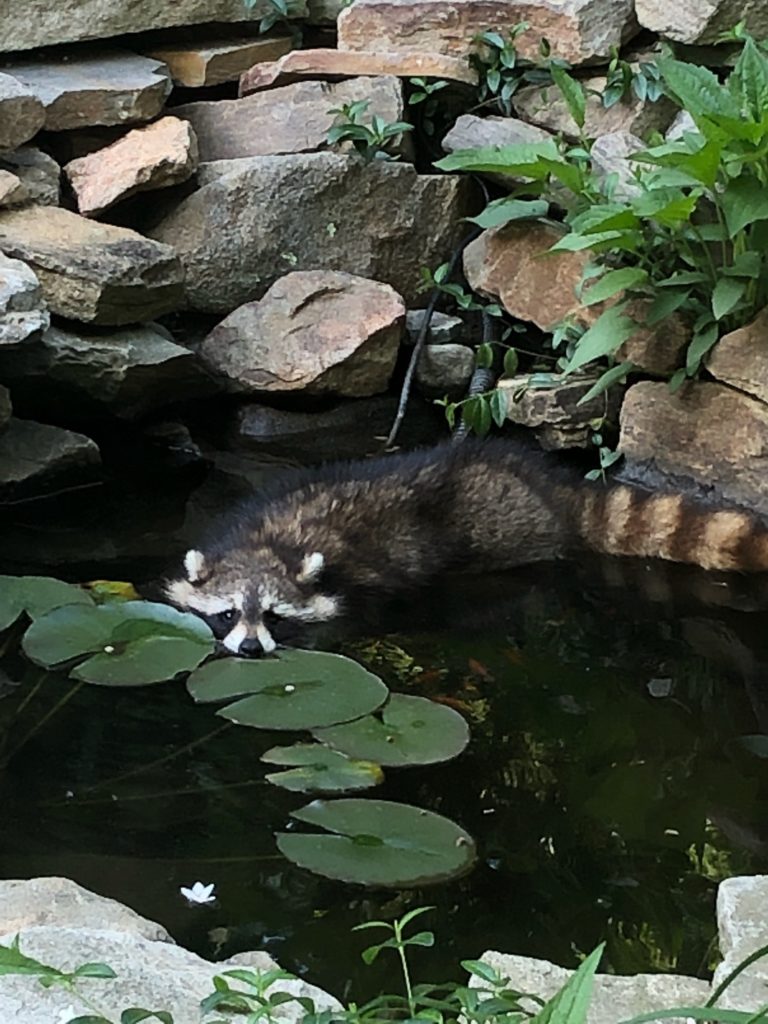As a homeowner, you may be aware of the impact that certain features, such as a renovated kitchen or updated bathroom, can have on your home’s value. However, did you know that wildlife can also have an impact on your home’s value? In this article, we’ll explore the ways in which wildlife can affect your home’s value, and provide you with some tips on how to manage wildlife on your property to maintain or increase your home’s value.
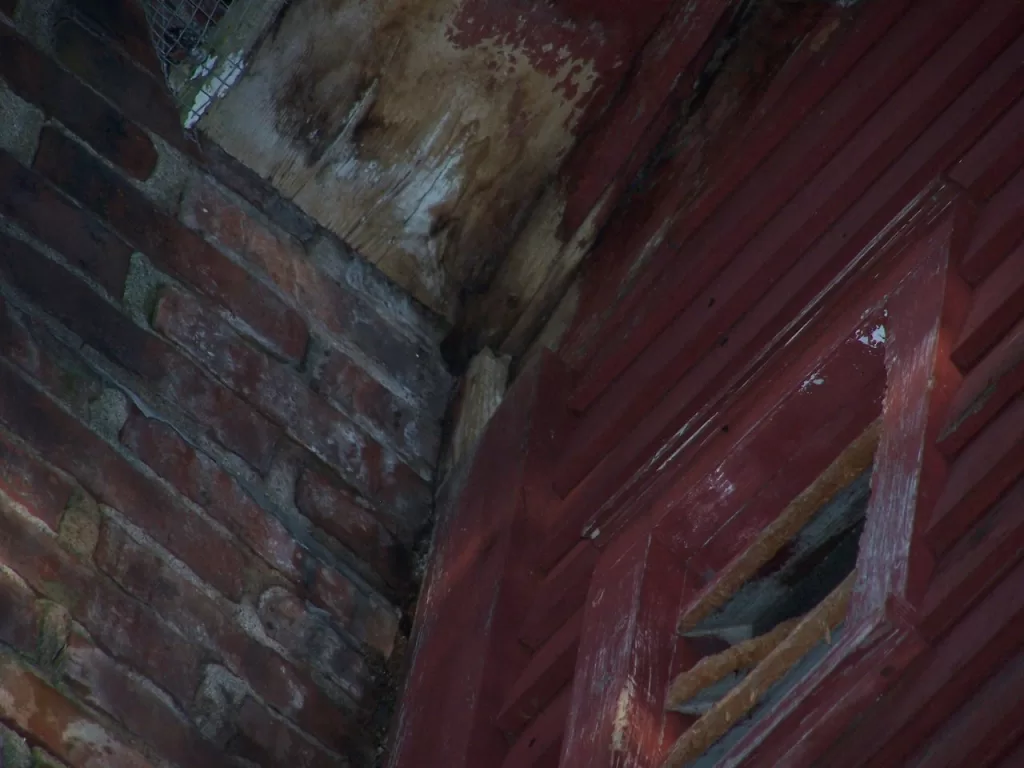
The Impact of Wildlife on Your Home’s Value:
- Property Damage: One of the most significant ways that wildlife can impact your home’s value is through property damage. Wildlife, such as raccoons, squirrels, and birds, can cause damage to your home’s exterior, including siding, roofing, and gutters. They may also damage your home’s interior by chewing on wires or nesting in your attic or crawl space. Property damage caused by wildlife can be costly to repair and may decrease your home’s value.
- Health and Safety Concerns: Wildlife can also pose health and safety concerns for homeowners. Some species, such as bats and rodents, may carry diseases that can be transmitted to humans. Additionally, certain wildlife, such as skunks or raccoons, may become aggressive if they feel threatened, putting homeowners and their pets at risk. These health and safety concerns can lower your home’s value and make it less attractive to potential buyers.
- Aesthetics: Wildlife can also impact your home’s value by affecting its aesthetics. For example, a property that is overrun with skunks, raccoons, or other wildlife may look unkempt or unattractive, lowering its curb appeal. This can be a turn-off for potential buyers, and may cause them to overlook your property in favor of a home that appears to be well-maintained and free of wildlife.
Managing Wildlife on Your Property:
While wildlife can have a negative impact on your home’s value, there are steps you can take to manage wildlife on your property and maintain or increase your home’s value. Here are a few tips:
- Work with a Professional: If you’re experiencing issues with wildlife on your property, it’s best to work with a professional wildlife control company. These professionals have the expertise and equipment needed to safely and effectively remove wildlife from your property, as well as to prevent them from returning.
- Keep Your Property Clean: Keeping your property clean and free of food and water sources can also help to prevent wildlife from taking up residence on your property. This may involve storing garbage and compost bins securely, keeping bird feeders clean, and removing any fallen fruit from trees.
- Make Modifications to Your Property: Making modifications to your property can also help to prevent wildlife from causing damage. For example, installing chimney caps and vent screens can prevent wildlife from entering your home, while trimming back trees and shrubs can make your property less attractive to wildlife.
- Follow Local Regulations: Finally, it’s important to follow local regulations regarding wildlife control. In Connecticut, for example, it’s illegal to relocate wildlife without a permit from the state’s Department of Energy and Environmental Protection (DEEP). Additionally, some species may be protected under state or federal law, and it’s important to be aware of these regulations when dealing with wildlife.
In conclusion, wildlife can have a significant impact on your home’s value, but there are steps you can take to manage wildlife on your property and maintain or increase your home’s value. By working with RF Wildlife a professional wildlife control company, keeping your property clean, making modifications to your property, and following local regulations, you can ensure that your home remains an attractive and valuable investment.

